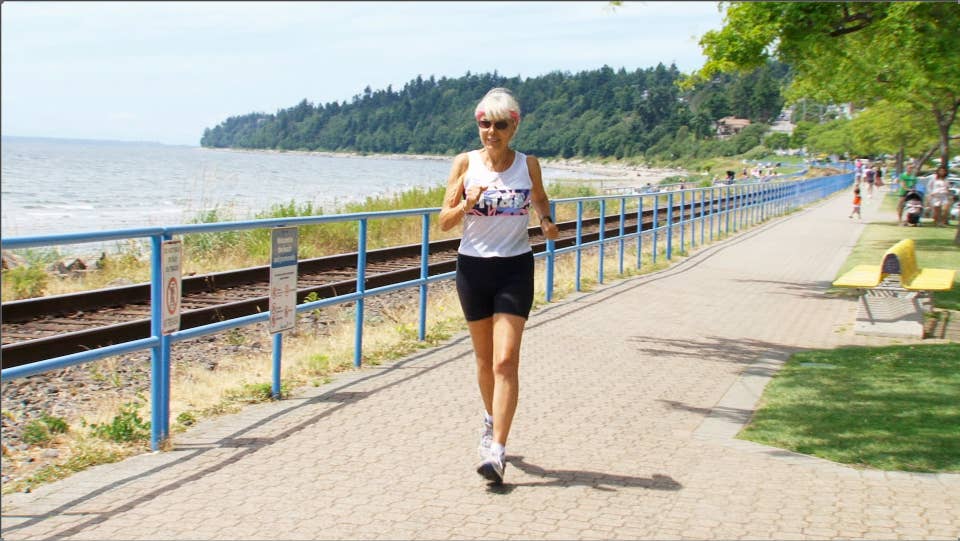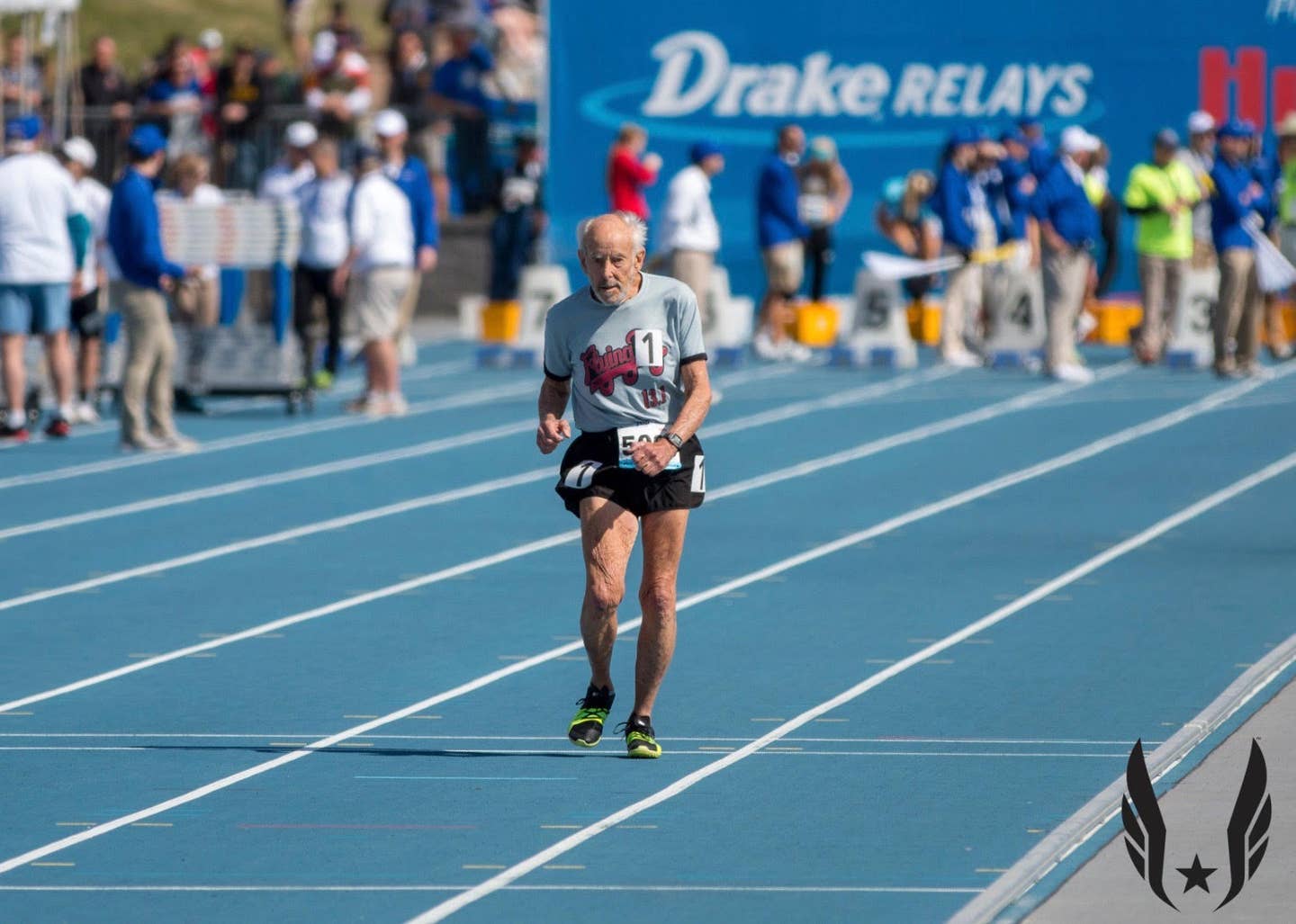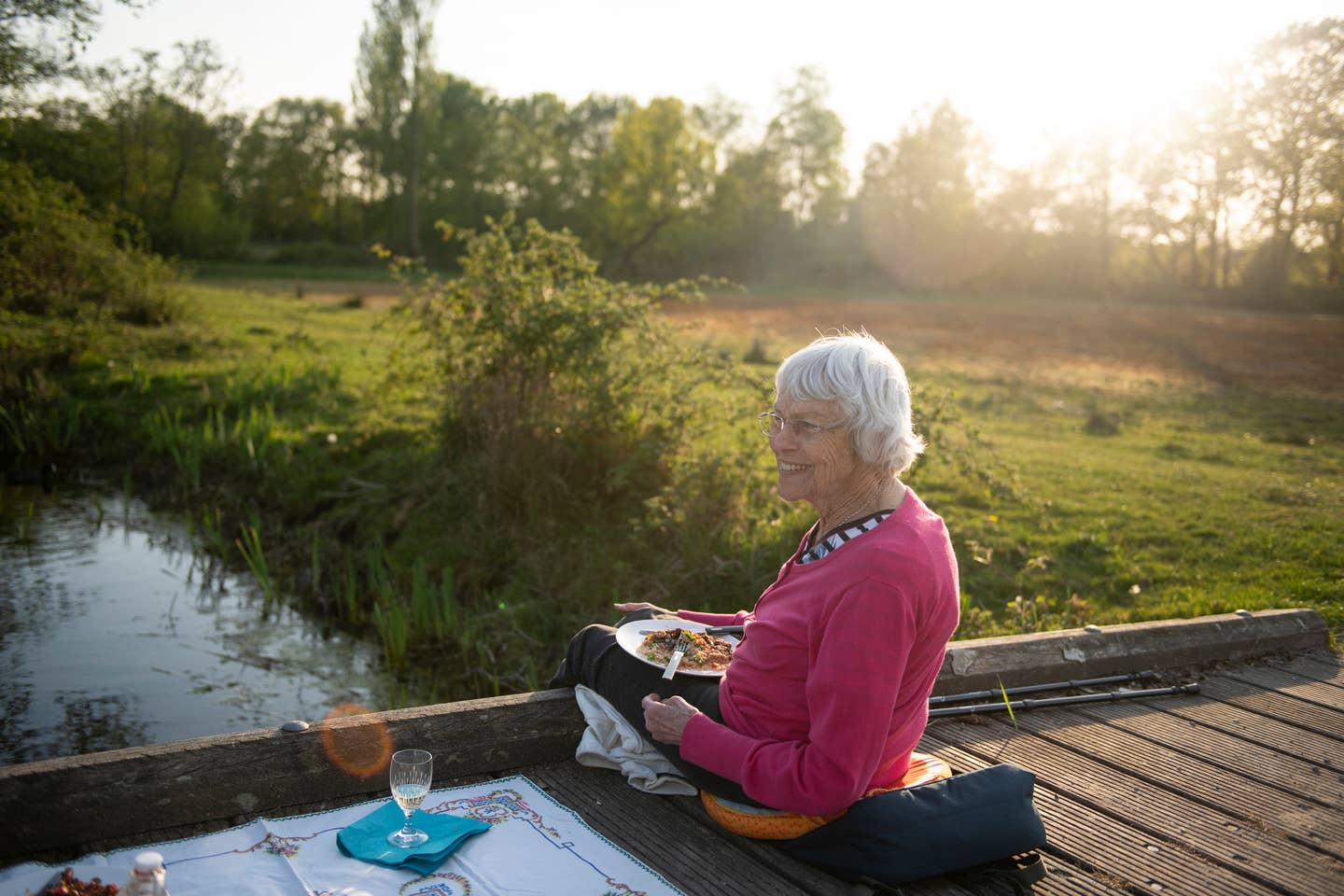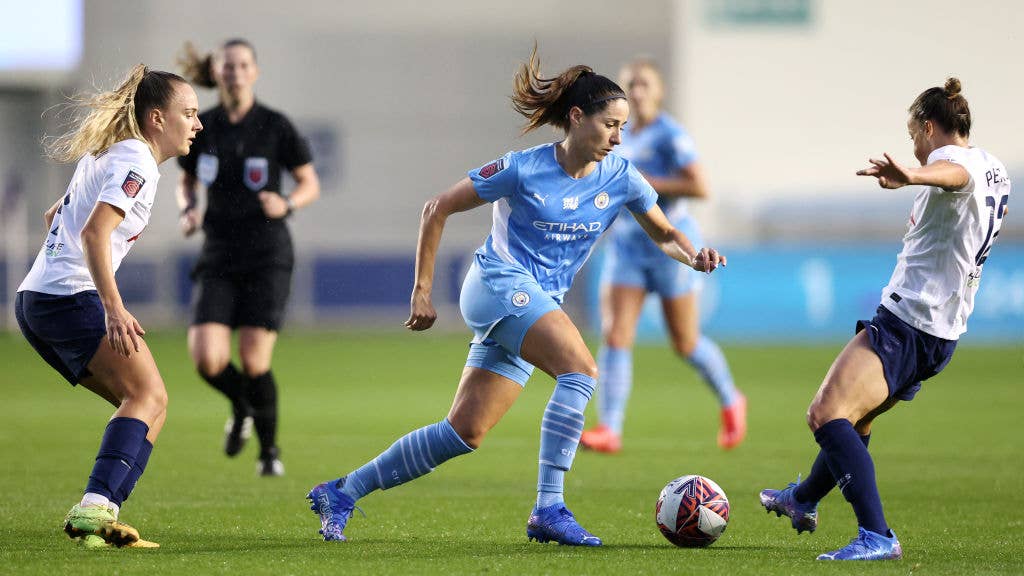
First Person: When the Doctor Becomes the Patient and Goes Plant-Based
|Updated Dec 13, 2022
Getty ImagesClaire Warren is a doctor who works in Windham County, Conn., the heart of farm country in the northeast, where many of her patients raise animals and are dairy farmers. The moment her life changed was when she was diagnosed with multiple sclerosis (MS) and had to work through the symptoms. Later she developed breast cancer, and finally, Claire decided to adopt a healthier diet, go fully plant-based, and begin her journey back to health.
Now, she teaches others in her community about how to eat to treat their ailments. She has not turned her back on traditional medicine but instead has learned how to integrate both approaches—nutrition and Western medicine—for the best possible outcomes. Here's her story.
My timeline: In 1980, I graduated from GW Medical School and in 1983 I completed my residency in family medicine and became board certified. A year later I began my
practice in traditional family medicine at a rural practice in the heart of dairy country, in Windham County, Conn. Many of my patients are wonderful, hard-working dairy farmers and their families.
In 1987, I developed MS. I denied it for years but in 1992 I started to go downhill. I saw doctor after doctor, and NO ONE EVER MENTIONED DIET OR FOOD. But I took lots of medicine, mostly with terrible side effects and none of it is effective. But I had three boys to care for and I just kept working, as a doctor, mom and wife. I was tired from the MS and all the drugs, but still I kept on working. I took even more very strong medications and none of them worked.
In 2010 my husband of 30 years took up with his 26-year-old medical assistant and we got divorced. My mother died in 2012 (she was 91 and had been sick for a few months and was very ready to go). In 2013 I got breast cancer. I had a lumpectomy, radiation and luckily was am able to move on. Still, NO ONE EVER MENTIONED DIET OR FOOD. I was still a meat-eating, and traditional practicing physician.
My patients were not getting any better. I kept throwing more and more medicine at them, and they were just getting worse and worse: Heart disease, diabetes, cancer and more.
One day I was sitting at a picnic in my neighborhood and a woman sitting next to me told me she had watched Forks over Knives and put her husband on a whole-food plant-based diet because she loved him and wanted to grow old with him.
He then lost 70 lbs and his cholesterol went from 300 to 160, and his diabetes vanished. Plus, his hypertension and sleep apnea, all were gone. As she was telling me this I had a revelation. I was clearly doing something wrong, and her story got my attention.
I watched the movie Forks Over Knives, started researching the science and became convinced that good doctors do things to help patients get off medication. I saw that I could help my patients reverse and prevent these diseases of affluence. I read The China Study and started attending lifestyle medicine conferences and began bringing the message of healthy eating, specifically adopting a whole-food, plant-based diet, to my patients.
I started giving lectures with Tamera Edwards, a friend and plant-based personal chef. My farmers and rural patients had no idea how to start eating this way—what we call Whole-Food, Plant-Based (WFPB)—and neither did I. So we all started to learn together.
I researched some best practices and how other family practices are promoting this way of life. Most are in big cities, not rural farm counties, but even though we were out in the countryside, away from conveniences like Whole Foods and Trader Joe's, I had great faith in my patients. But they just didn't know how to do this (eat a whole plant-based diet), so I started a plant-based mailing list and asked anyone I could if they'd be interested in getting more information.
Now, I am personally doing great, like beyond great. By becoming WFPB, my life-long debilitating allergies are GONE. My MS is stable with no new episodes. My breast cancer is stable. I credit this way of eating.
My patients are now gradually losing weight, getting off their meds and while not everything is going perfectly and we have a lot to learn about how to implement this, I am inspired to keep going. I now teach classes to my patients, and I carry a cooler of healthy foods wherever I go.
The science is strong and the only doctors who are not recommending this to all of their patients, children, pregnant women, cancer patients, elderly patients with mild cognitive decline are doctors who are not reading the scientific literature.
This way of eating is the answer to healthcare costs. It will lead to less cancer, less diabetes, less obesity, less hypertension, less heart disease. and more happiness. Less depression means being healthier. So does better sleep. WFPB does all of that. And this is good science, not all crystals and kumbaya.
WFPB means less profits for Big Pharma. So you know they will be fighting this big time. I think the tide is slowly turning, and patients who looked at me like I was crazy years ago are now thinking, "Maybe there is something to this whole-food, plant-based lifestyle?"
The Beet wants to hear from you! Want to share your story of how going plant-based or vegan changed your life?
We would LOVE to hear your story about how you transformed your health. Please send us a write-up and make sure to cover the following. (Send pics and date them, please! Everyone loves a "before" and "after".)
1. What made you start eating plant based?
2. How did it change or improve your health?
3. Was there a moment when it was hard? When it became easy?
4. What is the number one tip you'd give other people who want to try it?
5. How do you like to think about it now...Do you have a philosophy?
More From The Beet

Chicago Bears’ QB Justin Fields Shares What He Eats on a Vegan Diet

“I Tried 8 Natural Remedies to Treat My Cold & Flu Symptoms. What Worked.”

This 86-Year Old Triathlete Recovered from Breast Cancer on a Vegan Diet

This 100-Year-Old Vegan Athlete is Still Running and Setting World Records

She Went Vegan at 82 and It Changed Her Life for the Better

This Pro Footballer Healed Her Sports Injury With a Plant-Based Diet
